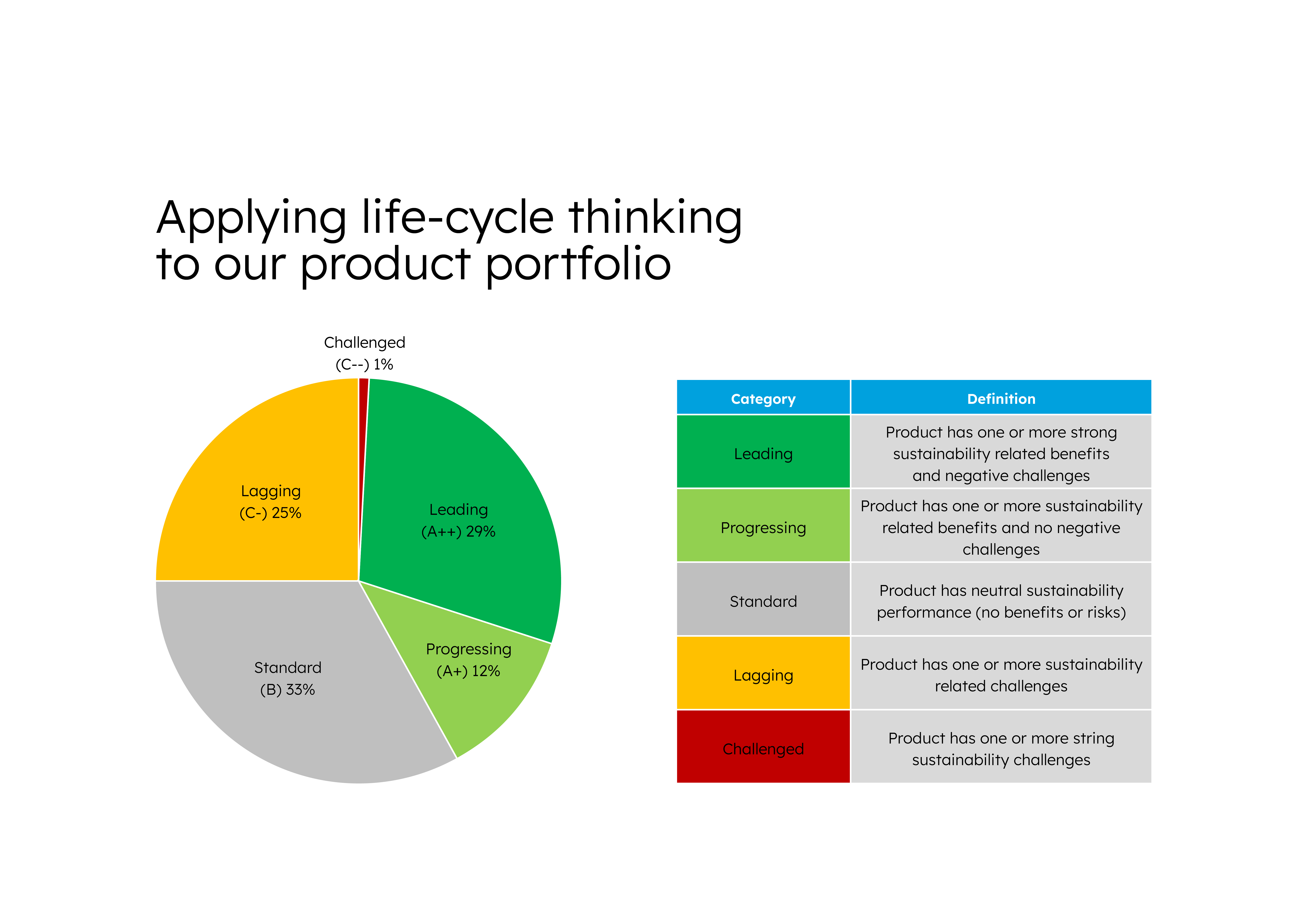We work to ensure that our products remain safe and compliant with global regulations. We provide safety, health, environmental and regulatory information on our products so that they can be handled safely by our colleagues and customers.
Going beyond legislative obligations and as part of responsible care of our products throughout their life-cycle, we also routinely screen for the presence of substances of concern (SOC). These are substances which are, or are likely to become, restricted or banned by regulatory action or face pressure for substitution, typically due to certain intrinsic hazard properties or risks of adverse effects to human health or the environment.
All applications of SOCs are assessed to ensure their use is safe and, where possible, we seek to substitute them for safer alternatives.
REACH
The European Union’s REACH (the Registration, Evaluation, Authorisation and restriction of Chemicals) regulation has become the model for tighter control of chemical use. It has required many years of testing and assessment to complete all necessary substance registrations and ensure that our products can be used safely.
Since the end of the REACH registration phase in 2018, Infineum continues to invest significant resources in ensuring ongoing compliance with REACH as well as other chemical safety initiatives, including equivalent regulations in Korea, Taiwan and Turkey.



